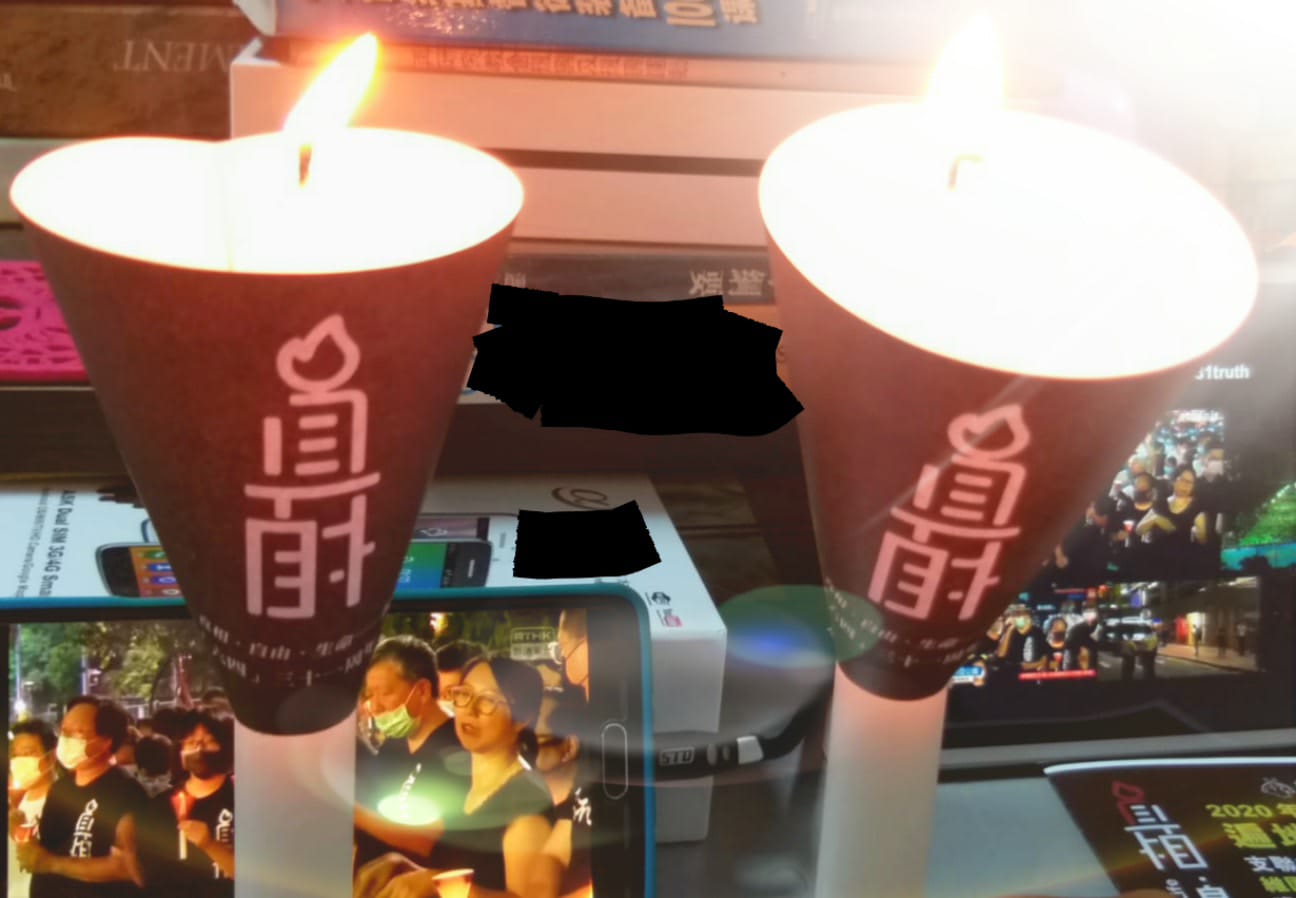WIN THE WHITE HOUSE, CRIME ALL YOU WANT
Jul. 9th, 2024 10:53 pmAs you’ve no doubt heard by now, the Supreme Court has ruled that Donald J Trump has limited immunity from prosecution for stuff he did while he was President. I’ve been too busy to write anything about it, but I got minute now, and you’re all just dying to know what I think, so here you go:
1. Actually, I don’t have much to say about it that Radley Balko hasn’t already said here. His dissection is very long but worth your time to really appreciate what just happened and why it’s probably even worse than you may have heard.
The main takeaway worth highlighting is the uselessness of Chief Roberts’ ruling that immunity only applies to “official acts” related to exercising “core constitutional powers”:
“The President enjoys no immunity for his unofficial acts, and not everything the President does is official. The President is not above the law.”
The problem, Balko notes, is that in practice, the line between official and unofficial acts is so fuzzy that there might as well not be a line at all. And Roberts’ ruling pretty much ensures that by giving no guidelines on how to do that, and also making it illegal to consider the president’s motives:
As both Sotomayor and Jackson point out, the majority has created this distinction between “official” and “unofficial” acts out of thin air, then made it impossible to distinguish one from the other. A president can come up with an “official” reason for just about any crime — from accepting bribes, to arresting journalists and critics, to targeted assassinations. Then — I guess we just take his word for it.
2. Also, as Josh Marshall at TPM correctly points out, this is a big deal because the official acts of presidents are exactly the sort of thing you don’t want to give presidents immunity for – no one cares if the President steals a toaster, but we do care if he orders the military to assassinate a rival, or jails journalists, or orders prisoners to be tortured.
Marshall also agrees that the distinction between official and unofficial acts is meaningless:
… even though this is clearly not blanket or absolute immunity that it’s close enough that with good lawyering you’re all but there.
3. Of course the Republicans are crowing about this, although don’t yet seem to have figured out that President Biden – and any Democrat POTUS that follows him – now has the exact same immunity powers – which hasn’t stopped them from calling Biden be arrested for treason, but then logic and consistency has never really been a thing in MAGA World.
And anyway, it may not matter to them because they figure this election is for keeps – once Trump is back in and Project 2025 is implemented, they hope to fix it do no Democrat ever wins the White House ever again. Problem solved.
4. Which is the other big issue, of course – Project 2025 is nothing short of a declaration of cultural war by the MAGA party against the liberal scourge they fear so much and a permanent takeover of conservative rule with democratic processes preserved largely as window dressing (see: Hungary, Hong Kong, etc). And while most of it could probably be accomplished through technically legal means, whatever legal constraints exist will not be an issue as long as Trump declares them official acts.
Kevin Roberts has famously declared that Project 2025 is “a second American Revolution, which will remain bloodless if the left allows it to be.” And while maybe he thinks he’s saying that there won’t be any violence unless the left starts it, what it sounds like to me is: “Just roll over and accept this – don’t make us force it on you because we will.” Either way, he knows now that using violence to enforce this is on the table. And there’s a significant chunk of the MAGA cult that is very much looking forward to dishing it out.
5. It’s hard to believe the SCOTUS majority is blissfully unaware of all this (Sam Alito and Clarence Thomas certainly aren’t), although maybe some of them are kidding themselves that the institutions will still hold, and you can always just vote Trump out. But Chief Roberts seems more worried about a vicious cycle of endless prosecutions of presidents than holding them accountable for actual crimes, which suggests at best that his priorities are at odds with reality.
6. Anyway, all of this is basically the latest chapter of an ongoing debate whether any US president can ever realistically be held accountable for any crimes they commit while in office, and whether impeachment is a sufficient solution. As we’ve seen, it’s not.
I’ve posted about that before, and all I can really add to it is that the SCOTUS decision on immunity pretty much seals the deal – Presidents can crime as much as they want as long as they make them look like official acts. And I continue to believe we need to really think long and hard about whether that’s the kind of country we want to live in, and if so, why.
Crime time,
This is dF







